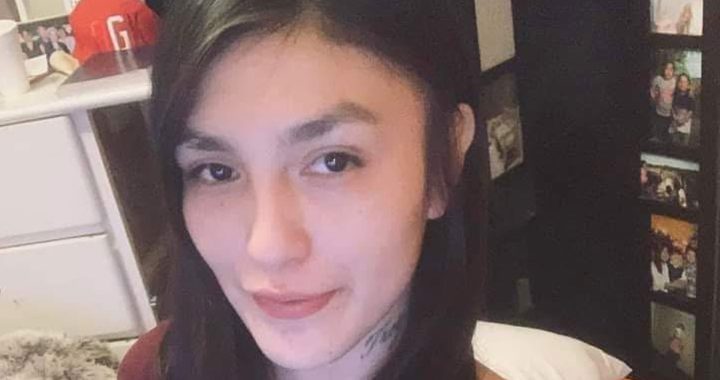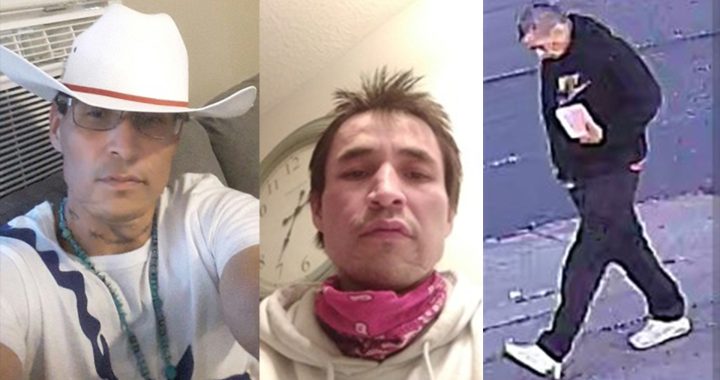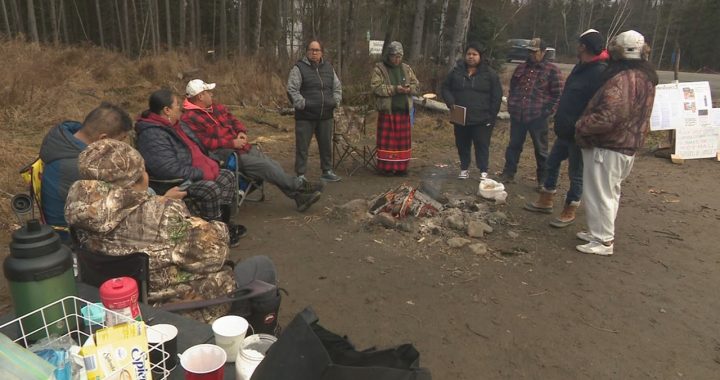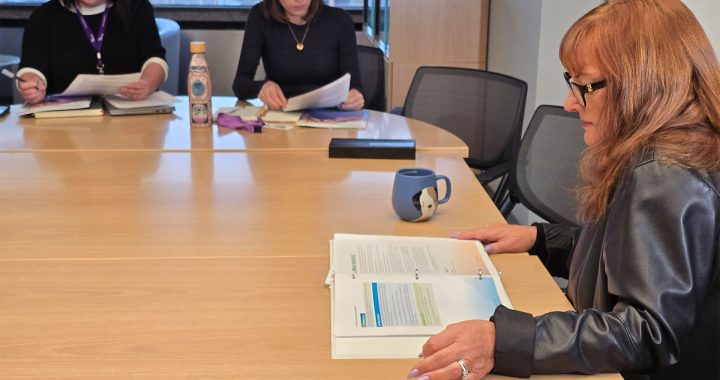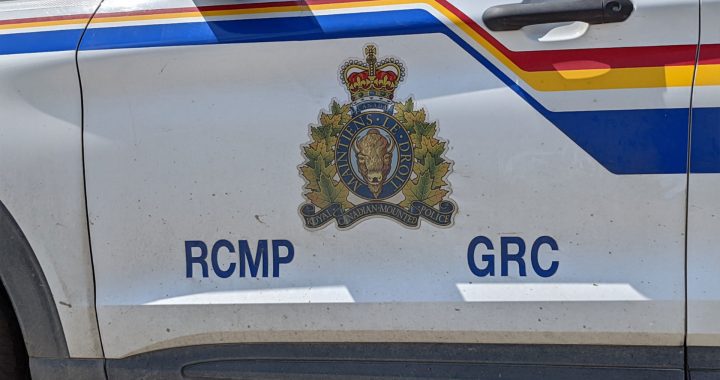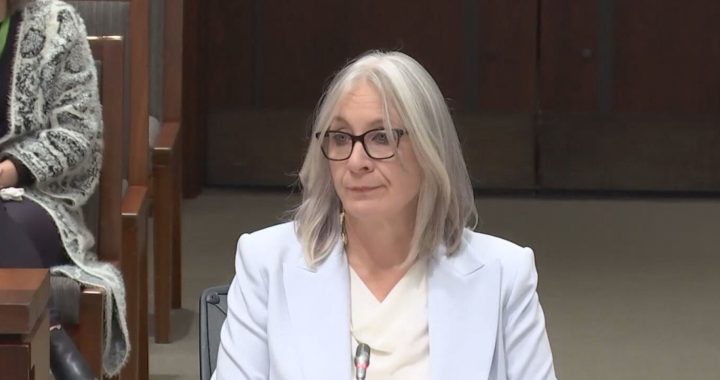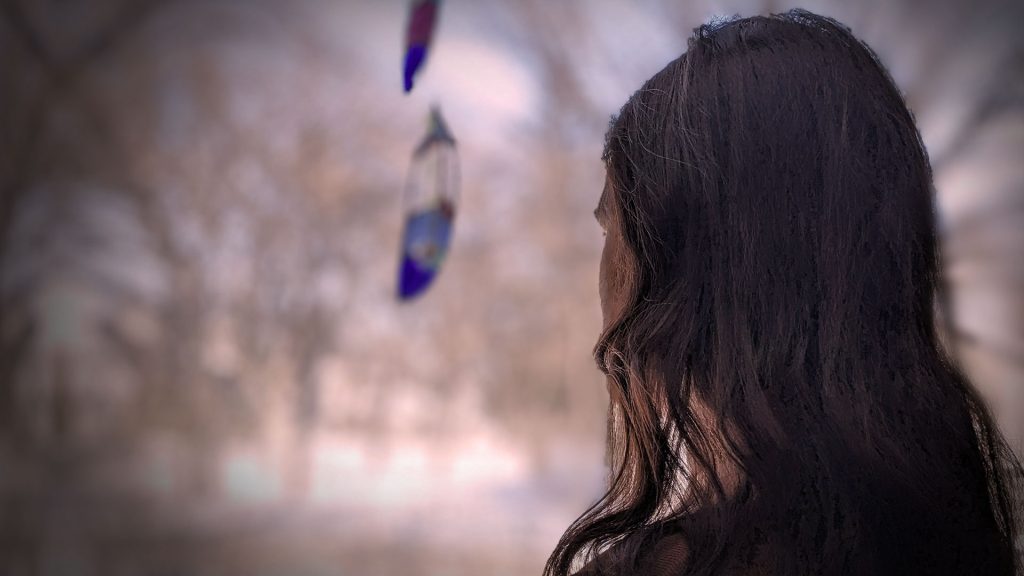
It is recommended that survivors report sexual abuse they suffered as a child - for support and possible criminal charges. Photo illustration: APTN
This story contains references to child sexual abuse.
A First Nations band councillor has filed a complaint with Manitoba RCMP alleging she was sexually assaulted at the age of nine.
The woman said the unwanted conduct happened after a 16-year-old boy – she considered an “uncle” – moved in with her family.
She said she kept the abuse to herself all of these years and only recently told her mother.
She said she went to police in December 2022 after hearing the alleged perpetrator was describing her as a sexual conquest in the remote community.
“He was saying, ‘I was easy’,” she said. “That is so sick. I was a child.”
Legal consent
Canada’s Criminal Code says 16 is the legal age of consent for sexual contact.
It also states a child under the age of 18 cannot consent to sexual contact when the other person is in a position of trust or authority.
The woman said the alleged abuser is aware police are investigating. But RCMP wouldn’t confirm that to APTN News.
“The RCMP cannot confirm or deny who may or may not be the subject of an investigation,” said Cpl. Julie Courchaine, a spokesperson for Manitoba RCMP, “this is done to protect the integrity of an investigation, the evidence obtained and the privacy of those involved.”
The RCMP does have information for victims on its website.
The woman, who APTN is not naming because criminal charges may be laid, said her mother would comment on how much time she and the “uncle” spent together when they were younger and how they appeared to have a “good” relationship.
But the woman says that should have been a red flag.
“He spent a lot of time with us…playing games, watching TV, wrestling,” she said. “That was grooming, I know [that] now.”
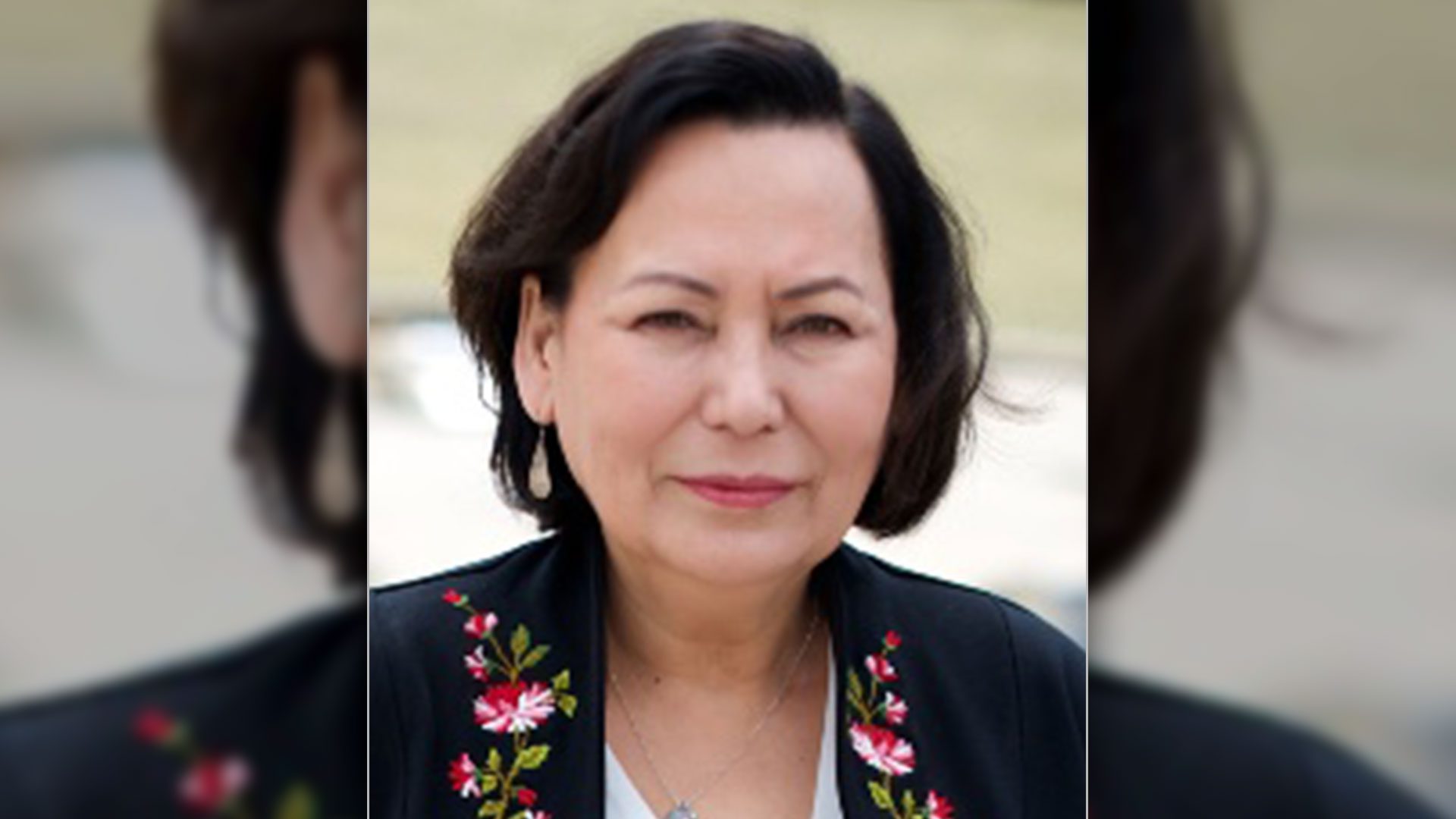
Cybertip.ca says grooming is how perpetrators gain safe access to children.
Parents relax when everyone is getting along, get used to seeing an older person with children, and trust that everything is OK, the site said.
“My mom went to work and left me alone with him – kind of like a babysitter,” said the woman, who revealed she has provided her medical records to police. “That’s when it happened.”
She said she remembers several instances of “inappropriate touching” that still has her worried.
“He should not be around our youth,” she alleged.
The Criminal Code defines sexual assault as kissing, touching, intercourse and any other sexual activity without consent.
Tell their story
Sandra DeLaronde, director of the Missing and Murdered Indigenous Women and Girls 2S+ Implementation Committee in Winnipeg, said it’s important to give victims a space to tell their stories.
“It’s important victims feel heard, that they feel like they’re not alone,” she told APTN. “I also think that for every story of pain, there has to be a story of success and strength.”
In a 2014 study for Statistics Canada, more Indigenous Peoples than non-Indigenous Peoples reported experiencing some form of childhood sexual contact before the age of 15.
The study said some of that abuse may have been a direct or indirect impact of the federal government’s Indian residential schools system, where survivors have said they were physically and sexually abused.
Assembly of Manitoba Chiefs
DeLaronde said she has spoken with the woman and discussed her case with Grand Chief Cathy Merrick of the Assembly of Manitoba Chiefs [AMC].
DeLaronde and others have been asking the First Nations lobby group to acknowledge the problem of sexual abuse in Indigenous communities and address the lack of resources for victims and perpetrators.
Victims in rural and remote areas are an underserved population with a low rate of reporting, noted DeLaronde, adding they can make a third-party report at a recognized agency if they’re afraid to contact authorities.
Meanwhile, sharing her experience is only the beginning of her “healing journey,” said the woman, who feels more people will listen now that she holds a leadership position in her community.
Within Canada’s overall population, research shows one in three girls and one in six boys experience an unwanted sexual act, with 30 to 40 per cent of victims being abused by a family member.
The Canadian Centre for Child Protection, based in Winnipeg, provides information on child sexual abuse and resources on its website.




